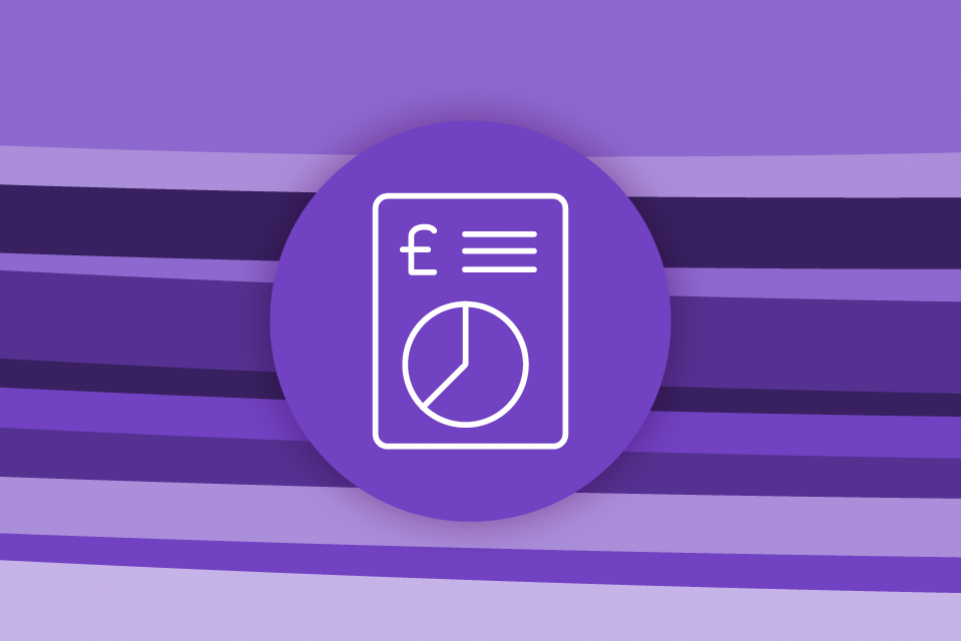Visit the Local economic recovery playbook for action
The Playbook draws together practical learning from places across England that have developed comprehensive recovery plans with their partners. It presents emerging best practice and provides local examples that are intended to support local government decision-makers to chart a pathway though the uncertainties of the current crisis. It has been developed for councillors and senior officers to use as a quick and easy tool to provide greater confidence that their council is doing all it feasibly can to develop ambitious and effective recovery plans.
1. Place-Based leadership: essential that councillors and senior officers take the lead and communicate a positive vision for recovery that can mobilise local stakeholders and communities around a shared sense of purpose.
2. Recovery is a long-term process: a marathon not a sprint with different needs to address in the short, medium and long-term, so pace yourself and your teams and plan your response for the different phases.
3. Be inclusive: set up governance arrangements that bring together key policy levers, communities of interests, local and regional changemakers, and give them an active voice in the decision-making process.
4. Do the basics really well: this will build trust with partners and local communities creating a ‘can do’ sense of momentum, which can open up new opportunities that may be more challenging to implement, but transformative.
5. Data is key: the path ahead is uncertain and regular insights will be required to check progress and inform decisions, so build your analytical capabilities and pool data, evidence and local stories with partners.
6. What’s your story: develop a recovery narrative that captures the ambition for your place, that is distinct, easy to communicate and regularly updated for different audiences to illustrate progress being made.
7. Act entrepreneurially & increase your risk appetite: accelerate capital investment plans and try to leverage additional private and public investment where this is aligned with long term plans for your place.
8. Don’t reinvent the wheel: back your existing economic strategy, prioritisation framework and projects to address local challenges especially where these have been accelerated by Covid, while looking out for new opportunities.
9. Work ‘hand in glove’ with the private sector: reach out, engage and co-develop practical projects that can support key local sectors and SMEs, or attract good jobs and investment.
10. The local economy doesn’t end at your border: economic and administrative geographies don’t often align, collaborate with your neighbours on opportunities to develop infrastructure, attract investment, and sustain regional supply chains.
Understanding what has changed and the different roles you and partners can play to support local recovery
How has the pandemic impacted your economy, different communities, sectors and your current economic strategies?
Do you have sufficient data infrastructure and resource in place to understand the local economic and employment trends in your area to support decision-making in a timely way?
Do you have qualitative and quantitative data to understand opportunities, wants and needs at a local, community, and sectoral level to inform your planning?
Have you defined clear roles and responsibilities to ensure your place is ready to take all opportunities that become available, in particular to quickly respond to government funding or investor interest?
Inclusive local recovery planning process that regularly involve and engage key partners and communities
Are your partners alongside you in supporting your recovery strategy and are you aligning and co-ordinating your collective resources to maximise your ability to deliver?
Are you taking a partnership approach with private sector and other local anchor institutions in delivering investment to support local recovery?
Do you have a clear place narrative for local recovery and a plan to communicate progress regularly to different audiences?
How will you maintain an ongoing, meaningful conversation with your communities and businesses during implementation of your plans, including those less well represented?
Prioritising resources, objectives and actions to reflect shared local ambition
Have you organised your resources, management and performance around delivery of your recovery strategy and priorities?
Do your governance structures support delivery of the strategy priorities across the authority and across partners?
Do you have the right operational process in place to support timely, robust, collaborative decision-making and prioritisation?
How are changing policy priorities highlighted by the pandemic reflected in existing actions and activities, for example, town centres, housing, green economy, digital, culture and entertainment?
Thursday 25 March 2021, 10.30am – 12.00pm
We have worked with Social Finance to publish an economic recovery playbook which provides practical considerations that councils can take in their local economic recovery planning. It shares good practice from leading councils who are making progress in this area to support those with less resources.
View the First magazine article 'Leading the Local Recovery', written by Robert Pollock, Director at Social Finance.
“Recovery is a marathon not a sprint, so pace yourself”



